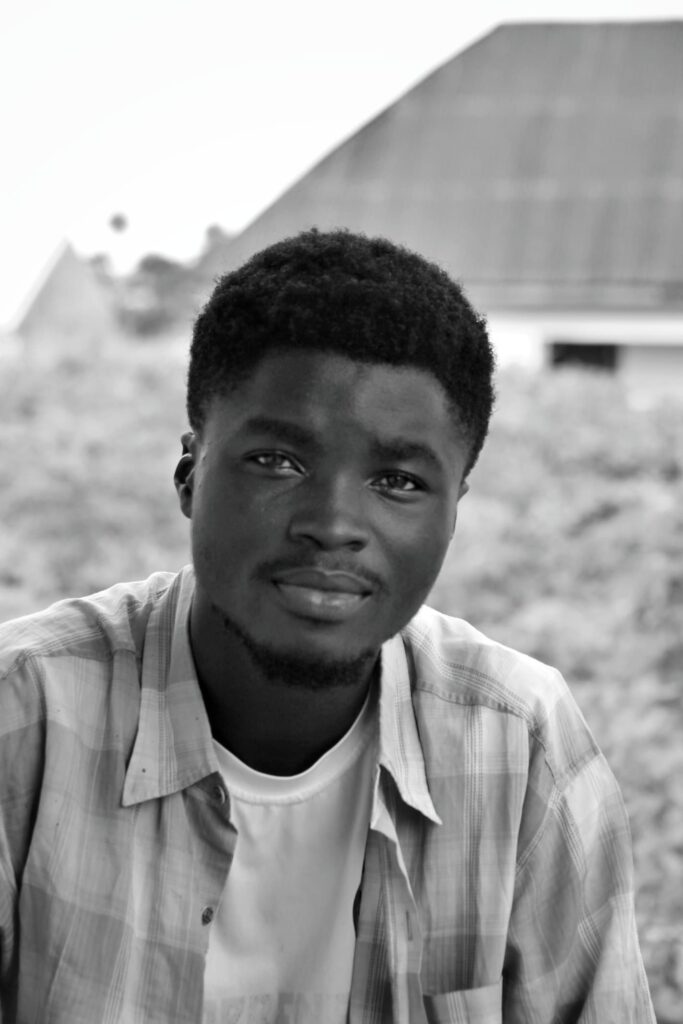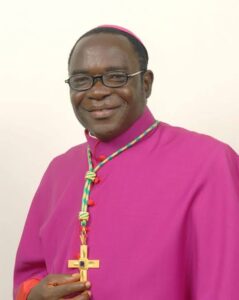
By Aduwo Oluwatimilehin Daniel
As long as we are ruled by myopic leaders and authorities from the land of the unfortunate, the mire will always be our pool.
Philip O. Umeh’s poem, “Ambassadors of Poverty,” conveys so much. I encountered the poem a long time ago when it was featured as an African poem for analysis during the 2014 WAEC examination for English Literature. At that time, I was in my Junior Secondary School years. Throughout each line of the poem lies the revelation of a system ruptured by maggots and termites. Although the poem is quite long, the plainness of the language clearly conveys its message to readers. As mentioned earlier, the mire will always be the pool of a nation governed by shortsighted leaders from the land of the unfortunate.
During the early days of President Muhammadu Buhari, when he vowed to end corruption in Nigeria if elected, he made an address on corruption at the South-South presidential rally of his party at the Liberation Stadium, Port Harcourt. This was published in the Vanguard newspaper on March 12, 2015, where he stated, “If we don’t kill corruption, this corruption will kill us…” It remains incredibly ridiculous and pathetically unfortunate that a solid eight years were wasted in fulfilling this vow of his. “I want you to be serious about your country. If we miss this opportunity, we will be worse for it, God forbid,” he said. We didn’t miss the opportunity, yet we are still worse for it.
While we have numerous vices that have deeply permeated the fabric of our society, we cannot underestimate the potential power and influence that corruption has had on all of them, as it is traceable as the backbone of these issues. Every level of administration has been polluted and infected by the abominable virus of corruption. I will never forget that lecturer who came to our class back in my first year, collected money for a textbook for his course from us, and returned with a cock-and-bull story about how the printing machine of his printer had been faulty. However, I know that God is the judge.
A lot has happened, is happening, and will still happen. I went to a nearby market yesterday, and the prices of food for the living were almost choking the living. I wondered how quickly the price of one kilogram of semolina had risen to 1,800 naira. Two cups of rice now cost 600 naira, and when the woman who bought it collected it, she lifted it, “re-lifted” it, and “un-lifted” it. With her mind made up and a little worry showing on her eyebrows, she threw the rice in a handbag, paid, and left. Similarly, yesterday, I went to get fuel at a nearby filling station and was surprised to see another increase in the price of fuel. The young attendant looked into my eyes and told me that a litre of fuel is now 1,200 naira, which reminded me of how a commercial driver frowned at me when I said I would pay 100 naira instead of 150 naira.
Amidst all this, the current president of Nigeria, who has been implementing policies that are very unfavorable to the masses, is taking a two-week leave, flying from London to Paris. As the number one citizen of the country, he has gone to seek rest in another man’s land.
It is quite unfortunate that while Nigerians struggle to survive, the president takes a brand-new jet to China to borrow money, and Nigerian legislators are considering the Bola Tinubu University Bill while there are so many relevant matters of change that could be prioritized. I am left with nothing but to wonder. Dr. Orlando Owoh, a Nigerian highlife musician who passed away on November 4, 2008, sang about the misuse of affluence and power in one of his songs, “Logba Logba,” emphasizing the importance of caution. The governments of the day are the “logba logbas.” They care little for the common man. The rich keep getting richer by feeding off what is left for the masses.
Stephen Kekeghe’s “Rumbling Sky” serves as a metaphorical representation of the horrible sociopolitical milieu of Nigeria. In “Hovering Horrors,” he expresses his awareness of the evil manifestations of Nigerian politicians when he says, “A colony of bats / of hovering predators / that prey on insects / in search for survival / on crooked trunks” (12).As prices skyrocket, the cost of living continues to choke the living, and within this same situation, kidnapping, terrorism, banditry, and other challenges persist, threatening the state of security in our dear country.
According to the Global Terrorism Index, Nigeria ranks among the most affected countries by terrorism, with over 10,000 people killed in the last decade. Regardless of the progress a country wishes to make, if the state of security is not sound, growth will remain stunted. At 64 years, Nigeria has reached a state where we hardly know where to begin addressing our issues because every aspect warrants discussion. We are losing the essence of good leadership every day; power is becoming a family heritage, and the home of the masses is now a place of ruins.
Before I close, I was reading Dr. Lukman Ahmed Omeiza’s open letter to Nigeria’s president on Sahara Reporters, titled “Tackling Inflation, Poverty, and Insecurity with Urgency.” He outlined some solutions to the current problems affecting Nigeria, which I also resonate with. He urged the government to prioritize security, introduce targeted policies that provide tax breaks and subsidized loans to local manufacturers and entrepreneurs, and reduce customs import duties by at least 50%. He spoke only about inflation, poverty, and insecurity, but education has its own significant problems among many other aspects. We need leaders who can see both far and near. We want leaders who won’t make the mire our pool.
Aduwo Oluwatimilehin Daniel is a 400 level student of University of Ibadan. He writes from Oyo State, Nigeria.


Thank you for this piece